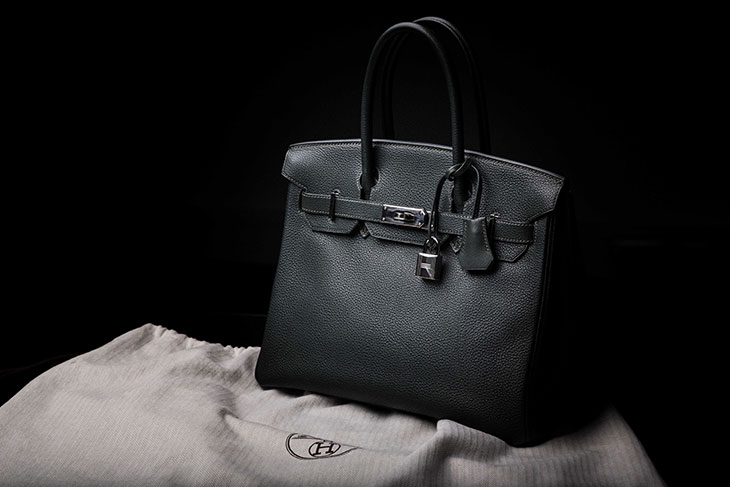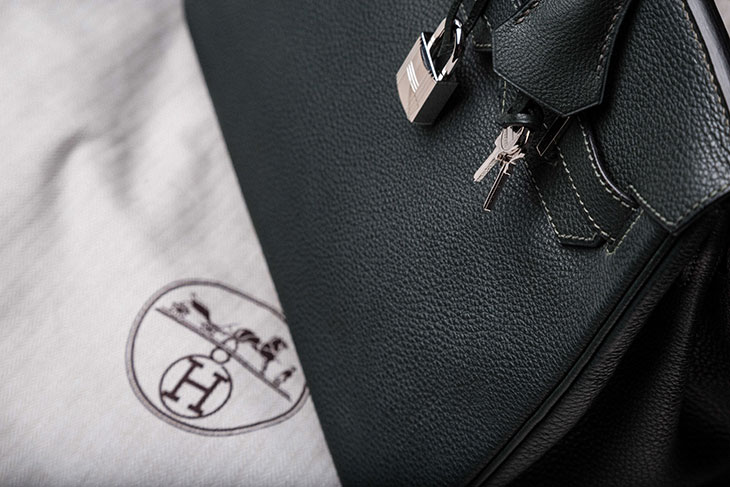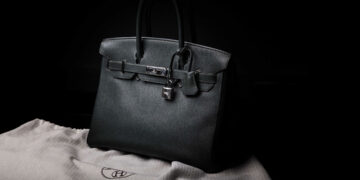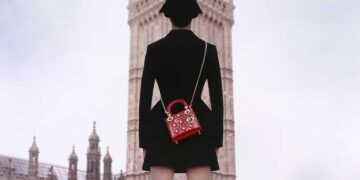
In the realm of luxurious fashion, the Birkin bag reigns supreme as the epitome of prestige, sought after by the affluent elite and adored by fashion connoisseurs across the globe. Draped in eye-watering price tags and exuding an elusive exclusivity, this iconic accessory effortlessly encapsulates the epitome of opulence and unabashed consumerism. However, concealed within the captivating facade lies a narrative riddled with controversial environmental consequences, ethical dilemmas, and a distorted idea of true sartorial elegance.
BAGS
In a world plagued by pressing issues of economic disparity and social inequality, the Birkin bag stands as a stark reminder of the widening chasm between the haves and the have-nots. This so-called “ultimate status symbol” has become a troubling emblem of extravagance and narcissism, perpetuating a culture of materialism that is detrimental to our society. While fashion enthusiasts may argue that the Birkin bag represents craftsmanship and quality, the reality is far from this rosy picture.
Endangered Animals as Fashion Accessories
The Birkin bag has found itself at the center of ethical scrutiny due to its use of exotic animal skins. This contentious issue has not gone unnoticed by the animal rights organization, People for the Ethical Treatment of Animals (PETA), who has unyieldingly positioned itself against the manufacturing of Birkin bags. PETA’s tireless crusade aims to elevate consciousness surrounding the harsh methodologies employed in procuring exotic animal skins, while simultaneously exerting pressure on luxury labels such to embrace more ethical and sustainable alternatives, revolutionizing consumer choices.
In a stunning twist of fate, the renowned British actress and singer, Jane Birkin, the very muse behind this emblematic accessory, has fearlessly chosen to raise her voice against the brand’s utilization of crocodile skins. She had demanded Hermès remove her name from the resplendent Crocodile Birkin, after learning of “cruel practices” used against crocodiles.
In addition to promoting a change in high-end fashion toward more humane and ethical procedures, Jane Birkin’s powerful appearance embodied her commitment to the cause of animal welfare. Her argument sparked a passionate debate in the public domain going deep into the complex web of social and environmental repercussions connected to the making of the renowned Birkin bag. This has increased the already intense scrutiny placed on Hermes’ exacting sourcing and manufacturing procedures.

The Ecological Consequences
The production process of the iconic bag, unfortunately, entails a significant use of resources and releases detrimental pollutants into our environment. The fashion industry’s manufacturing process, with its laborious and energy-intensive nature, unfortunately gives rise to harmful consequences such as pollution and excessive waste. Hermes’ sustainability practices and environmental responsibility have come under scrutiny due to concerns surrounding excessive water usage and the utilization of toxic chemicals in the creation of these coveted status symbols.
The Allure of Exclusivity
The possession of a Birkin bag has evolved into a symbol of prestige, cultivating an environment that promotes lavish consumerism and surface-level ideals. The current fixation on extravagance serves as a distraction from urgent global matters, while simultaneously perpetuating the disparities within our society.
For example, American rapper Cardi B, the epitome of extravagance, uses the social media to showcase her coveted collection of Birkin bags, perpetuating a culture of exquisite materialism and unattainable luxury. Additionally, her decision to give her three-year-old daughter a $48,000 Birkin sparked a heated discussion on the appropriateness of exposing young children to material excess. Critics argue that these kinds of gestures normalize wasteful spending and send the wrong message to the most vulnerable members of society.
This obsession with high-end accessories draws attention to the underlying excess and detachment from reality that frequently define the world of celebrity and wealth. Cardi B’s unabashed love for Birkin bags sparks additional thought about the urgent issues of wealth inequality and ecological awareness, raising concerns about the impact of celebrity endorsements on consumer behavior and cultural norms.
Inflated Prices and Counterfeits
The opulent price tags on Birkin bags spark a passionate discussion on the moral principles in the fashion industry. Frequently thought to be unjustified, they rely more on the appeal of prestigious labels and an air of exclusivity than they do on the outstanding quality of the materials and creativity involved. This extortionate pricing subtly plays on the desires and weaknesses of the elite, sustaining an indulgent culture and preoccupation on social standing. Additionally, the Birkin bags has inspired an abundance of knockoff designs, creating a troubling paradox of intellectual property infringement and the terrible exploitation of labor in the counterfeit industry.
Owning a Birkin Bag Doesn’t Equate to True Style
A timeless representation of richness and extravagance, the Birkin bag has unquestionably dominated the world of high fashion. But it’s crucial to recognize that true style goes beyond just monetary worth. Although these iconic bags may be a symbol of wealth and exclusivity, they do not necessarily represent true style.
Investing in young designers over splurging on a Birkin bag is not only a more economically prudent decision but also a step towards fostering creativity and innovation in the fashion industry. By supporting emerging talents, we encourage fresh perspectives and unique designs that challenge the status quo. Rather than contributing to the perpetuation of inequality and excessive consumerism, investing in young designers promotes a more inclusive and sustainable fashion landscape. It allows budding artists to gain a foothold in the industry, empowering them to create ethically-made, environmentally-conscious pieces.
In a world where real issues like poverty, climate change, and social inequality demand our attention, the veneration of the Birkin bag stands as a stark reminder of misplaced priorities. It’s time for us to rethink our fascination with such overpriced symbols of excess and elitism, and instead, focus on supporting brands and practices that promote sustainability, ethics, and social responsibility.



















